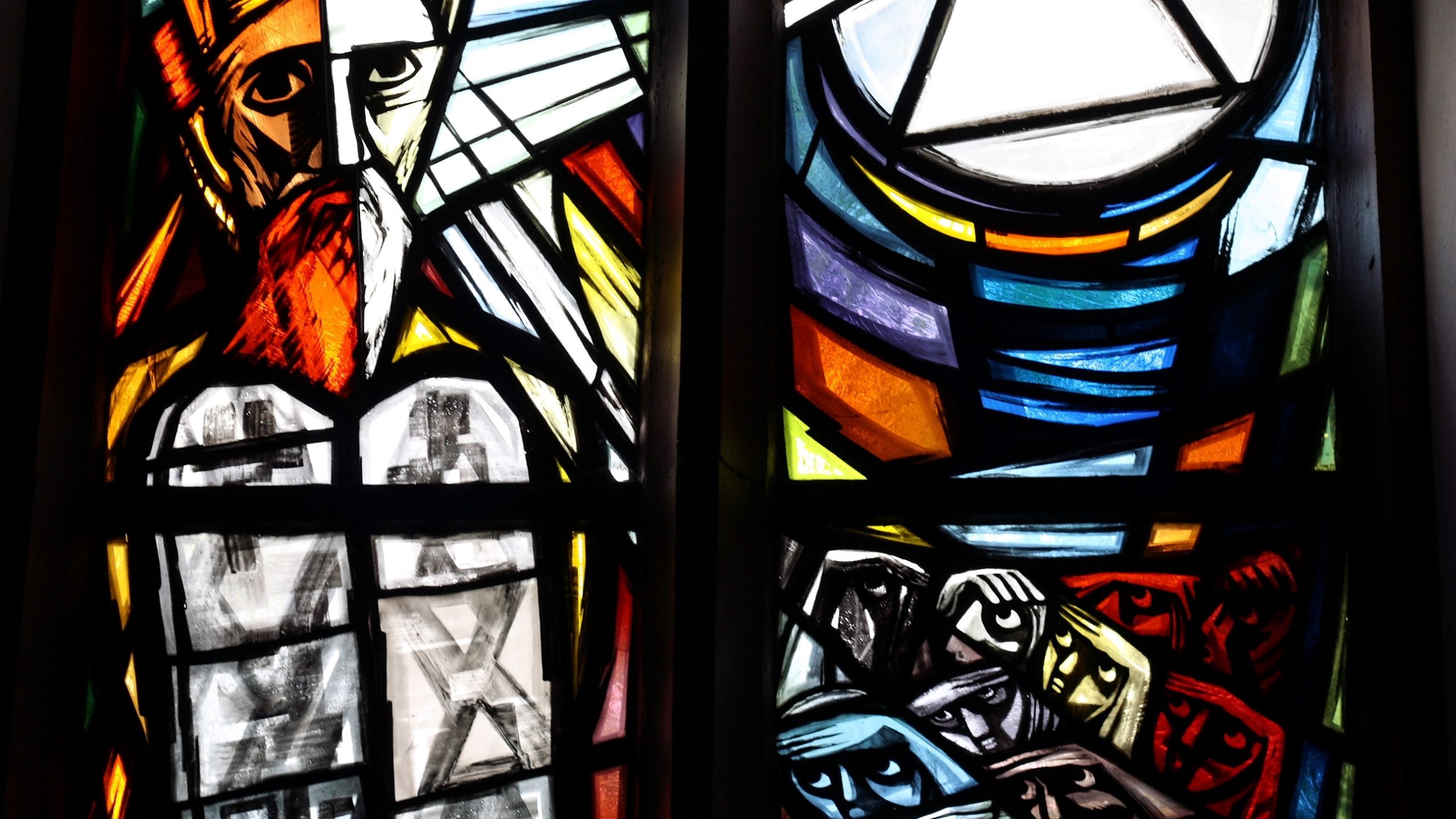
Numbers 11:24-30
Pentecost A27
24 So MosesA went out and told the peopleB the wordsC of the Lord;D and he gathered seventy eldersE of the people, and placed them all aroundF the tent.G
25 Then the Lord came down in the cloudH and spoke to him, and tookI some of the spiritJ that was on him and put it on the seventy elders;K and when the spirit restedL upon them, they prophesied.M But they did not do so again.
26 Two men remainedN in the camp,O one namedP Eldad,Q and the other named Medad,R and the spirit rested on them; they were among those registered, but they had not gone out to the tent, and so they prophesied in the camp.
27 And a young manS ranT and toldU Moses, “Eldad and Medad are prophesying in the camp.”
28 And JoshuaV son of Nun,W the assistantX of Moses, one of his chosen men,Y said, “My lordZ Moses, stopAA them!”
29 But Moses said to him, “Are you jealousBB for my sake? Would that all the Lord’s people were prophets,CC and that the Lord would put his spirit on them!” 30 And Moses and the elders of IsraelDD returned to the camp.
Image credit: “Moses with the Tablets of the Law” at the St. Heribert Church in Kreuzau, Germany.
